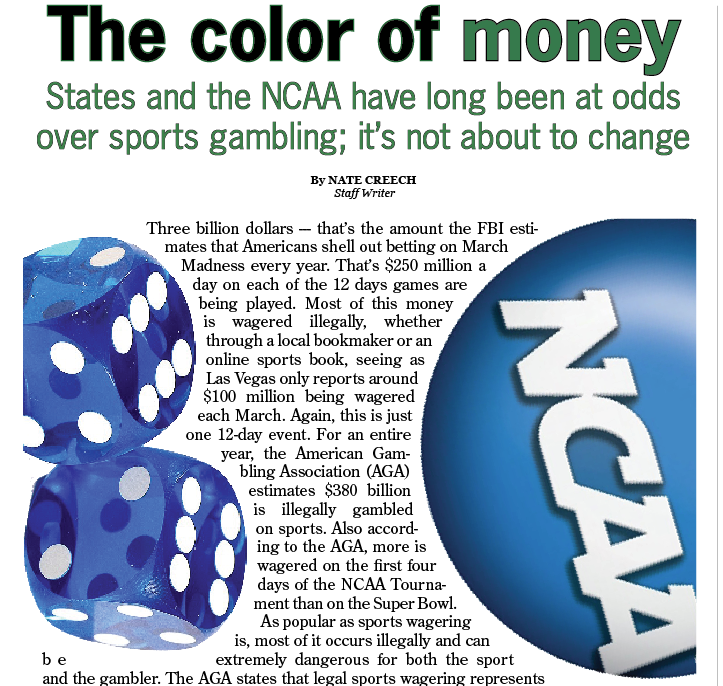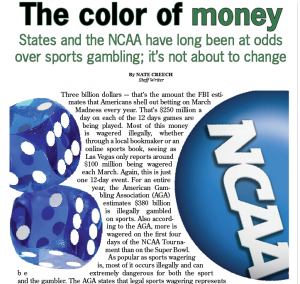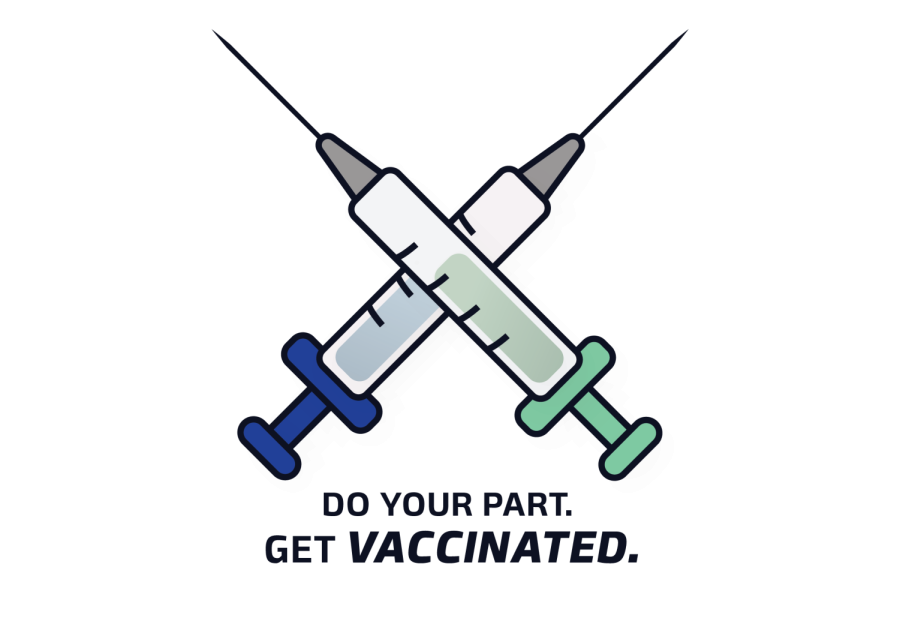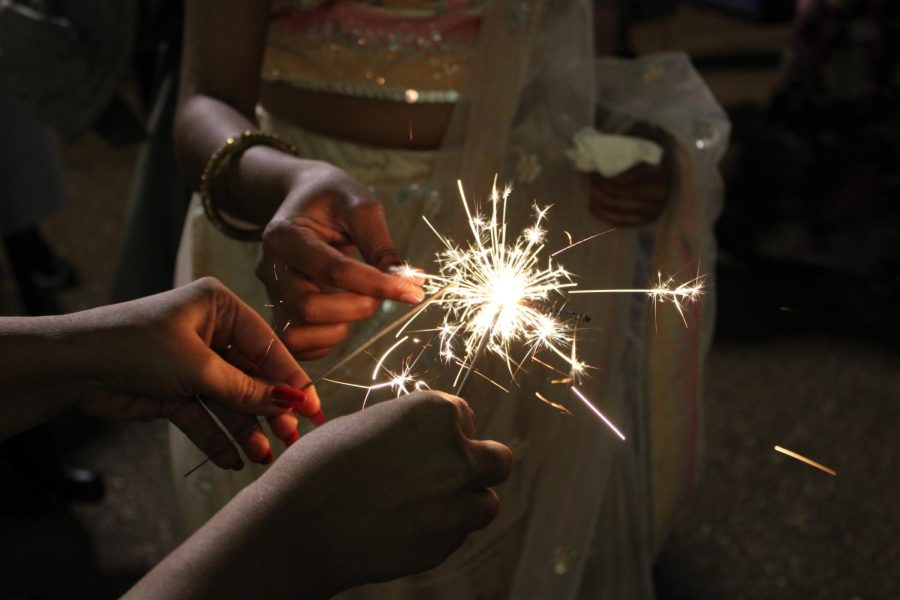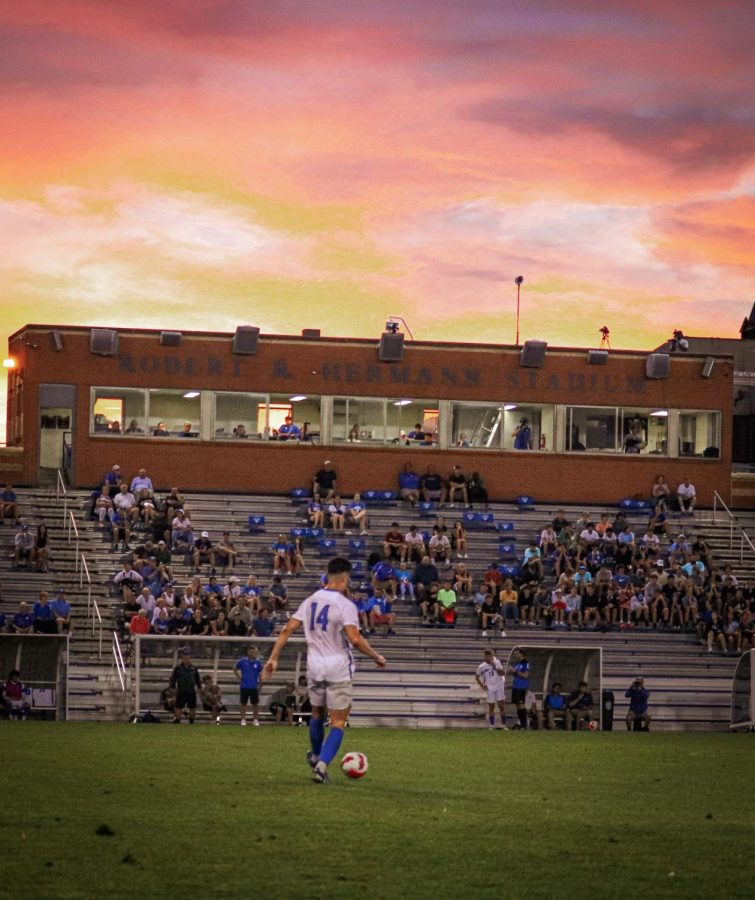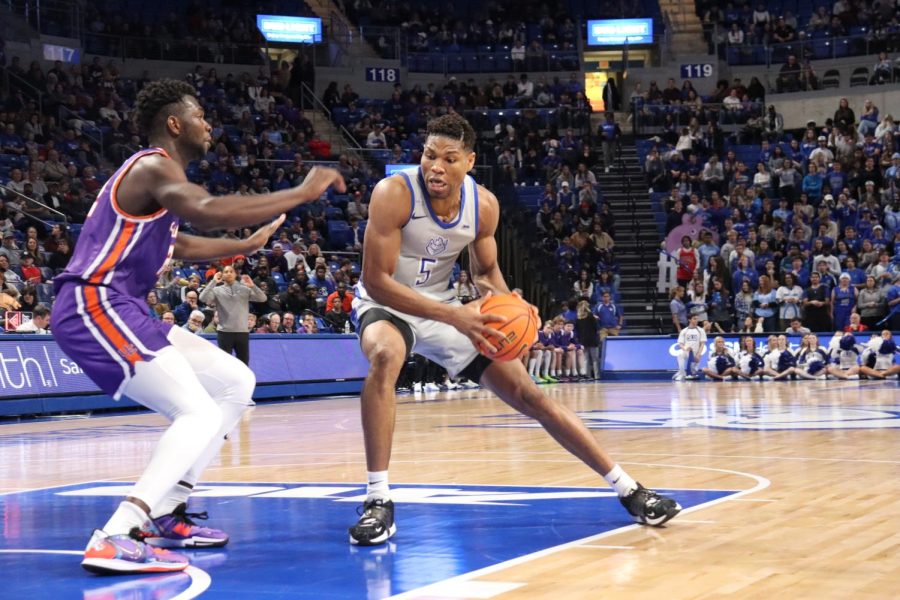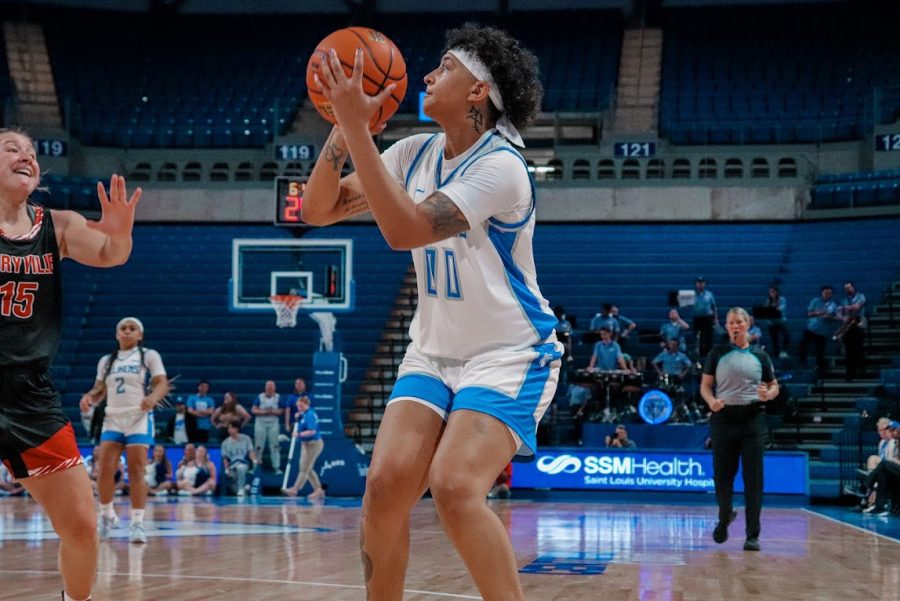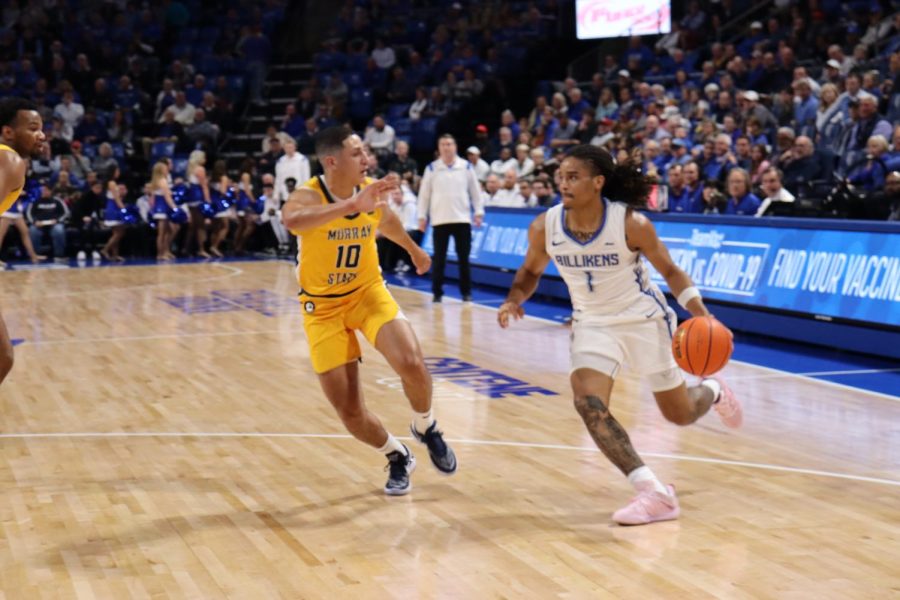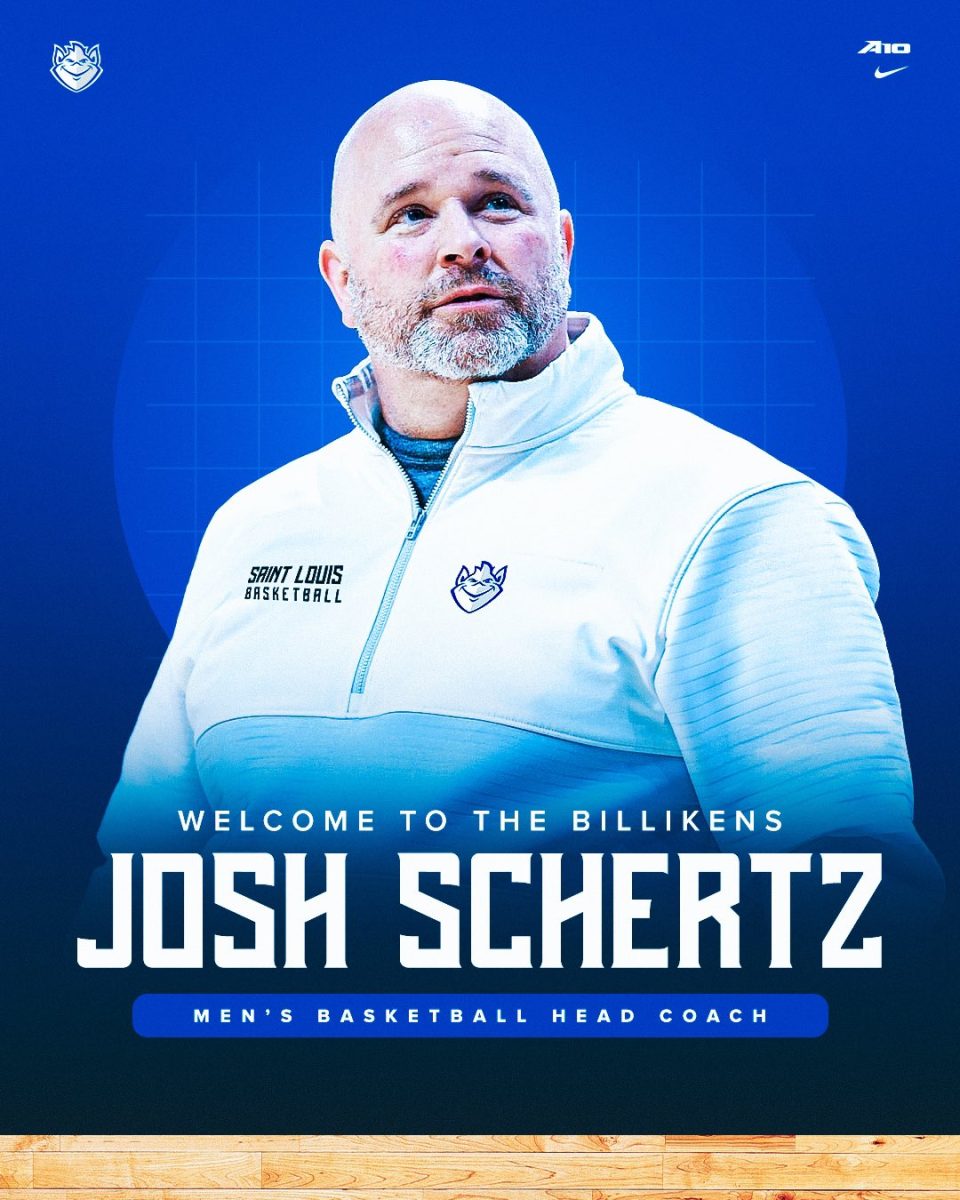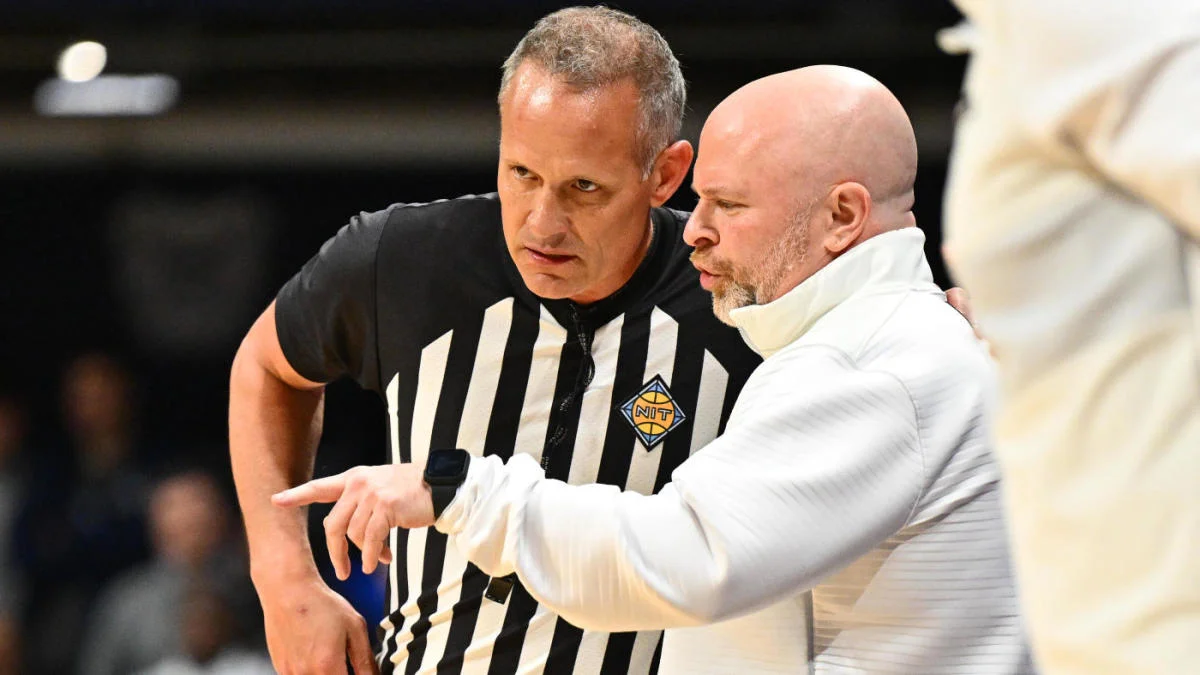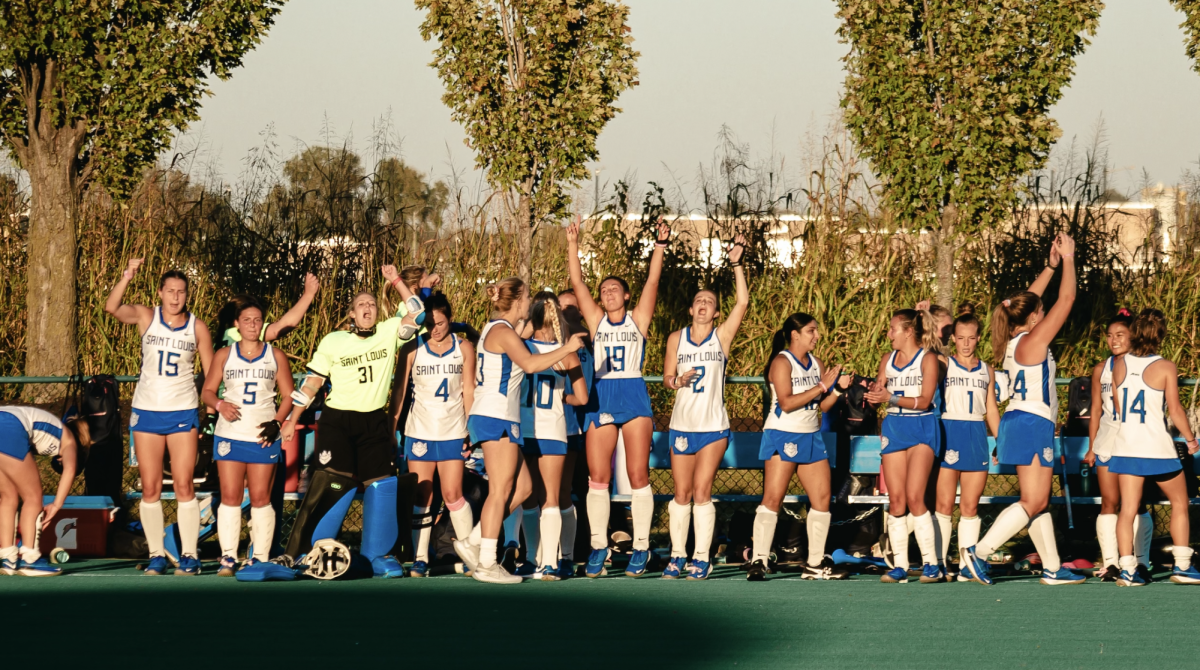States and the NCAA have long been at odds over sports gambling; it’s not about to change
Three billion dollars- That’s the amount the FBI estimates that Americans shell out betting on March Madness every year. That’s $250 million a day on each of the 12 days games are being played. Most of this money is wagered illegally, whether through a local bookmaker or an online sports book, seeing as Las Vegas only reports around $100 million being wagered each March. Again, this is just one 12-day event. For an entire year, the American Gambling Association (AGA) estimates $380 billion is illegally gambled on sports. Also according to the AGA, more is wagered on the first four days of the NCAA Tournament than on the Super Bowl.
As popular as sports wagering is, most of it occurs illegally and can be extremely dangerous for both the sport and the gambler. The AGA states that legal sports wagering represents less than one percent of all sports betting nationwide.
Tim Delaney, a sociologist at the State University of New York who has dedicated much of his research to sports gambling, recently wrote, “Placing a bet with a bookie is risky, primarily because of the criminal nature of such betting and the fact that the gambler has to trust the bookie to pay off a winning bet. Losing a bet to a bookie and being unable to pay off the debt is also risky and may result in physical harm.”
Not to mention the fact that betting on March Madness is often considered a “gateway” to chronic gambling and addiction.
As far as the college level of gambling goes, the amount of gamblers in colleges across the country is remarkably high, with researchers estimating that around 75 percent of college students gambled in the past year, whether legally or illegally. When it comes to sports wagering, the percentage is even more telling as almost 68 percent of college students bet on sports every year.
The NCAA’s official stance on sports wagering is strictly zero tolerance.
“Staff members of the athletics department of a member institution and student-athletes shall not knowingly: Provide information to individuals involved in organized gambling activities concerning intercollegiate athletics competition; solicit a bet on any intercollegiate athletic team; accept a bet on any team representing the institution; or participate in any gambling activity that involves intercollegiate athletics or professional athletics,” its official website reads.
Saint Louis University works tirelessly to follow this policy to the letter.
The Saint Louis University Athletic Department, like most NCAA participants, battles with sports wagering every year and is always ready to act should an incident occur. SLU’s policies on sports wagering are located in every student-athletes’ handbook and the athletic department outlines these polices at the beginning of the year meeting along with meetings throughout the year.
It could be seen throughout SLU’s season; when star guard Kwamain Mitchell broke his foot early in the season, betting odds on the Billikens shifted dramatically.
Every spring, Facebook and ESPN light up with students filling out March Madness brackets and starting new fantasy leagues which can lead to trouble for the student-athletes.
In a 2008 NCAA study, 29.5 percent of male athletes reported that they had gambled on sports in the past year. So how does SLU ensure that our athletes are not caught in the midst of a gambling addiction?
Former SLU basketball player Femi John recalled watching an old video called “Don’t Bet on It” upon joining the basketball program, the same one he watched while playing AAU ball as a teenager. The video warns against the harms of betting on sports or providing information to those who do wager.
Athletes understand what it’s going to cost them and they are not necessarily willing to risk their eligibility. If they do it, there is an understanding that the NCAA will find out and they will come after athletic eligibility. The NCAA is always checking student-athletes’ Twitters, Facebook pages and online message boards, for illicit activity. Once they get a glimpse, the NCAA contacts the member institution so it can begin an investigation.
The athletic department works to give every student-athlete the resources necessary if they have gambling problems, friends with gambling problems, or if bookmakers have contacted them. They work to treat gambling as the addiction it can be, no different than alcohol or substance abuse. A key component of the plan is bringing in former athletes to speak of the dangers of sports wagering.
Although the NCAA and many major sports leagues are against sports wagering, there has been a recent surge by many lawmakers to legalize sports gambling in their states. Seeing the massive amounts of illegal gambling, no wonder New Jersey recently joined four other states, Nevada, Montana, Delaware and Oregon, to allow legal sports gambling, as they seek any revenue they can get their hands on during the economic downturn.
Although states are pushing for legalization to cope with persistent budget deficits, the NCAA’s stance will not be changing in the future. Before this year’s tournament, it reiterated its stance that even small office pools are illegal and “threaten the integrity of amateur athletics.”
While states continue to loosen their stance on sports wagering of all sorts, the NCAA continues to tighten its grip on gambling. While states’ concerns are primarily economic, the NCAA is working hard to maintain its ideal of the amateur, fearing that betting on any of its events can tarnish the image they’ve long worked to maintain.


